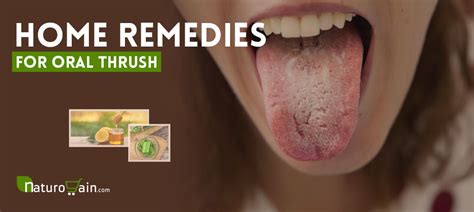How to Treat Oral Thrush: A Comprehensive Guide
Oral thrush, also known as oropharyngeal candidiasis, is a common fungal infection of the mouth and throat caused by the Candida yeast. While it can affect anyone, it's particularly prevalent in infants, older adults, and individuals with weakened immune systems. This guide will explore effective treatment options and preventative measures for oral thrush.
Understanding Oral Thrush Symptoms
Before diving into treatment, it's crucial to identify the telltale signs of oral thrush. These can include:
- White patches or creamy white coating on the tongue, inner cheeks, gums, or throat: These patches may resemble cottage cheese and can be easily wiped away, revealing a red, sore area underneath.
- Redness and soreness in the mouth: This can make eating and swallowing painful.
- Loss of taste: A diminished sense of taste is another common symptom.
- Cottony feeling in the mouth: Many individuals describe an unusual, dry, or cottony feeling in their mouths.
- Cracking at the corners of the mouth (angular cheilitis): While not always directly linked to oral thrush, it can often accompany the infection.
Seeking Professional Diagnosis
It's crucial to consult a doctor or dentist for an accurate diagnosis. While the symptoms described above are indicative of oral thrush, other conditions can present similarly. A healthcare professional can confirm the diagnosis and rule out other potential causes. They can also determine the severity of the infection and recommend the appropriate course of treatment.
Treatment Options for Oral Thrush
Treatment for oral thrush varies depending on the severity of the infection and the individual's overall health. Common approaches include:
Antifungal Medications
This is the primary treatment method for oral thrush. These medications are available in various forms:
- Oral antifungal medications: These are typically prescribed for more severe cases or when the infection is widespread. Examples include fluconazole (Diflucan) and itraconazole (Sporanox). Do not attempt to self-medicate with these – a doctor's prescription is essential.
- Topical antifungal medications: These are applied directly to the affected areas in the mouth. Nystatin (Mycostatin) and clotrimazole (Mycelex) are common examples available as oral lozenges or a liquid suspension. These are often used for milder cases.
Home Remedies (Consult a Doctor Before Use)
While antifungal medications are the most effective treatment, some home remedies may provide supplemental relief or be used for mild cases in consultation with a healthcare professional. These include:
- Saltwater rinses: Gargling with warm saltwater can help soothe the affected area and reduce discomfort.
- Yogurt with live cultures: Yogurt containing live and active cultures (like Lactobacillus) can help restore the balance of bacteria in the mouth, potentially aiding recovery. However, it's not a replacement for antifungal medication.
Preventing Oral Thrush Recurrence
After successful treatment, preventing recurrence is essential. The following strategies can help:
- Maintain good oral hygiene: Practice diligent brushing and flossing, cleaning your dentures thoroughly if applicable.
- Avoid sugary foods and drinks: High-sugar diets can promote Candida growth.
- Boost your immune system: A strong immune system is crucial in preventing infections. Focus on a healthy diet, adequate sleep, and stress management.
- Manage underlying health conditions: If you have diabetes, HIV, or another condition that weakens your immune system, effective management of these conditions is critical in preventing thrush recurrence.
When to Seek Immediate Medical Attention
Contact your doctor immediately if:
- You experience severe pain or difficulty swallowing.
- The infection spreads beyond your mouth.
- You have a weakened immune system and suspect oral thrush.
- Symptoms don't improve after a week of treatment.
This information is for general knowledge and should not be considered medical advice. Always consult a healthcare professional for diagnosis and treatment of oral thrush. Early diagnosis and appropriate treatment can prevent complications and ensure a full recovery.
